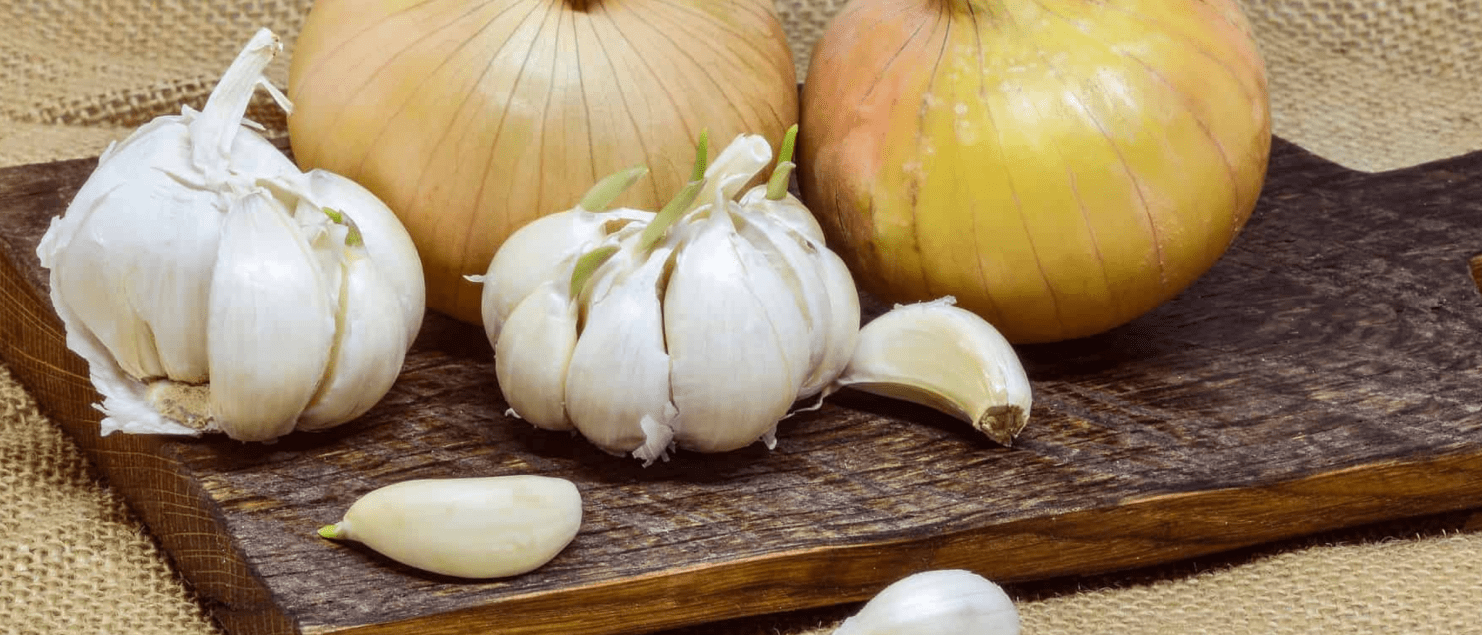Beginner’s Guide: Manganese
Manganese is a mineral that’s found in small amounts in nearly all living organisms. It’s an essential nutrient, meaning that your body needs it to function properly. Though you only need a very small amount of manganese, it plays an important role in many different processes in your body. In this blog post, we’ll discuss what manganese is, what it does in the body, and how you can make sure you’re getting enough of it.
What does Manganese do in the body
Manganese is a mineral that’s found naturally in many different types of rock. It’s also found in soil, water, and air. Small amounts of manganese are present in all living things. In humans, most of the manganese in our bodies is found in our bones and liver.
Manganese is involved in several critical processes in the human body. For example, it’s necessary for wound healing and bone formation. Manganese is also involved in blood clotting and the metabolism of carbohydrates and amino acids (the building blocks of protein). Additionally, manganese is needed for proper brain function and nervous system functioning.
Food Sources & Supplementation
Manganese Rich Foods
Manganese is found in a variety of foods. You can also get manganese from supplements, but it’s always best to get your nutrients from food first. Good sources include:
Spinach
One of the best sources of manganese is spinach. A single cup of cooked spinach contains approximately 1.5 milligrams of manganese, which is about 65% of the daily recommended intake. Manganese is important for bone health, metabolism, and wound healing.
Sweet potatoes
Sweet potatoes are another excellent source of manganese. A single cup of cooked sweet potato contains approximately 0.8 milligrams of manganese, which is about 35% of the daily recommended intake. Sweet potatoes are also a good source of fiber, vitamins A and C, and potassium.
Nuts
Nuts are a great source of manganese as well as other nutrients like vitamin E, magnesium, and selenium. A quarter-cup serving of almonds contains approximately 0.7 milligrams of manganese, while a quarter-cup serving of Brazil nuts contains approximately 1 milligram.
Seeds
Seeds are another good source of manganese. A quarter-cup serving of sunflower seeds contains approximately 0.6 milligrams of manganese, while a quarter-cup serving of pumpkin seeds contains approximately 0.5 milligrams. Seeds are also a good source of other nutrients like iron, zinc, and copper.
Whole grains
Whole grains are a good source of manganese as well as other nutrients like fiber, B vitamins, and iron. A half-cup serving of brown rice contains approximately 0.4 milligrams of manganese, while a half-cup serving of oats contains approximately 0.3 milligrams.
Legumes
Legumes are another good source of manganese as well as other nutrients like fiber, protein, and iron. A half-cup serving of cooked black beans contains approximately 0.4 milligrams of manganese, while a half-cup serving of cooked lentils contains approximately 0.3 milligrams.
Green tea
Green tea is a good source of manganese as well as other antioxidants like catechins and polyphenols. A cup of green tea contains approximately 0 . 3 milligrams o f manganese, which is about 15% o f the daily recommended intake . Green tea has been linked to numerous health benefits , including improved brain function , reduced inflammation , and lower risk o f cancer.
Tofu
Tofu is a good source of manganese as well as other nutrients like protein , calcium , and iron . A half – cup serving o tofu contains approximately 0 . 2milligrams of manganese , which is about 10 % of the daily recommended intake . Tofu has been linked to numerous health benefits , including reduced risk o f heart disease, cance, and osteoporosis.
Manganese supplements are generally considered safe when taken in recommended doses. However, it’s possible to get too much manganese from supplements — especially if you take them with iron or calcium supplements, as these minerals can increase absorption rates.
Possible side effects or interactions
Like anything else, you can have too much manganese in your system. High levels of manganese can lead to problems with movement and learning. If you take supplements, make sure not to exceed the recommended dosage. And if you think you may be at risk for manganese toxicity, talk to your doctor about getting your levels checked.
Taking more than 11 mg per day of manganese from supplements is not recommended unless under medical supervision .Additionally, people with liver disease or kidney disease should avoid taking high doses of manganese supplements as they may be at an increased risk for toxicity .
Conclusion
Manganese is a trace mineral that plays an important role in many different bodily functions. While most people get enough manganese from their diet, deficiency is still relatively common. Eating plenty of manganese-rich foods and drinking high-manganese water are great ways to boost your intake of this important nutrient. Taking a supplement may also be an option worth considering — just be sure not to go overboard as too much manganese can lead to toxicity.. As always, speak with your doctor before starting any supplement regimen to make sure it’s right for you.
Sign up for my free email newsletter and get access to tips, tricks & content that will help you live your healthiest life! Ready to take the next step? Book your first coaching session and take 10% off!
I'm a wellness coach, focusing on supporting adults new to fitness, nutrition & self-care. Passionate about encouraging healthy habits, mindset, posture & sleep, especially for those starting their wellness journey later in life.

